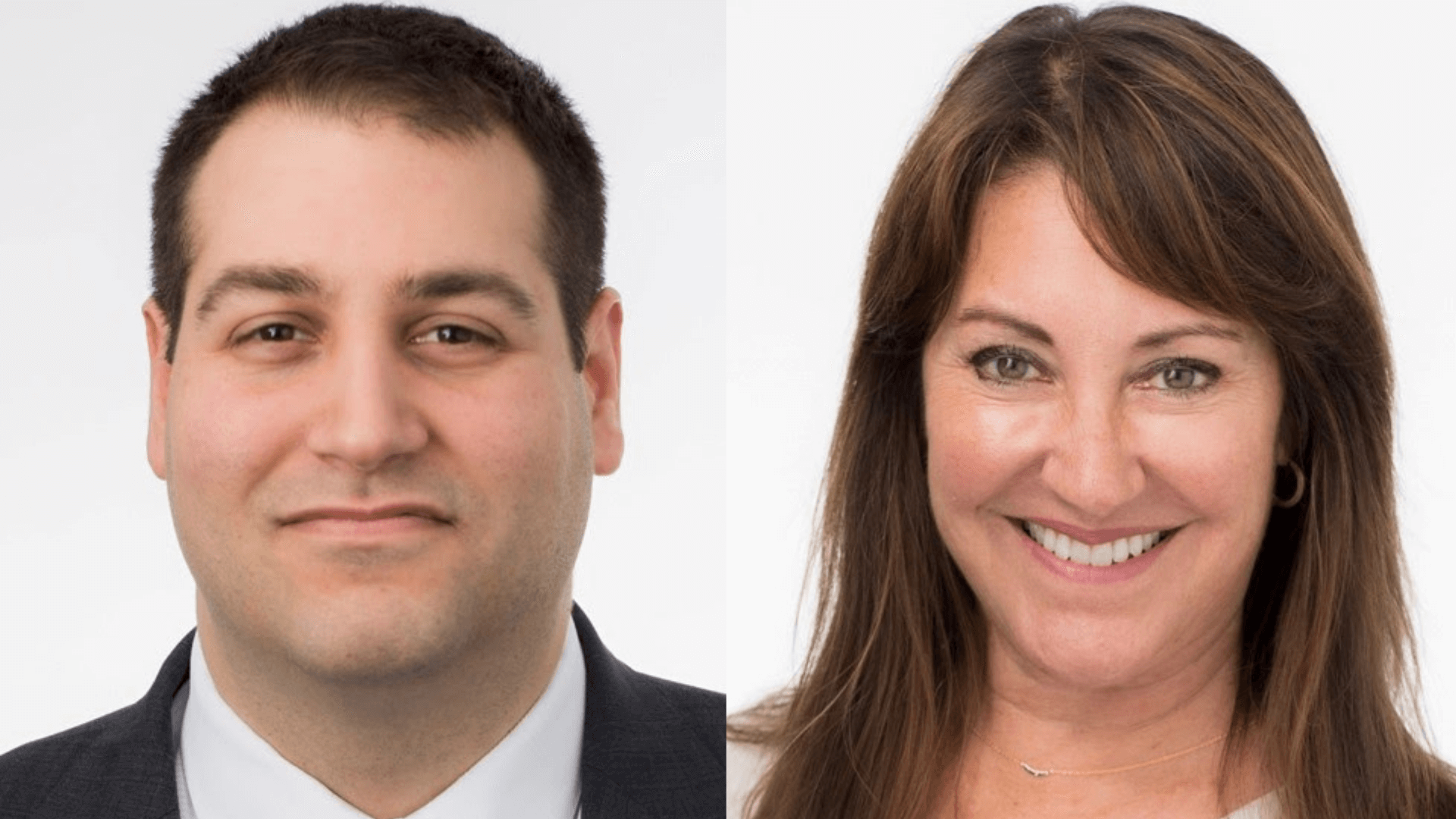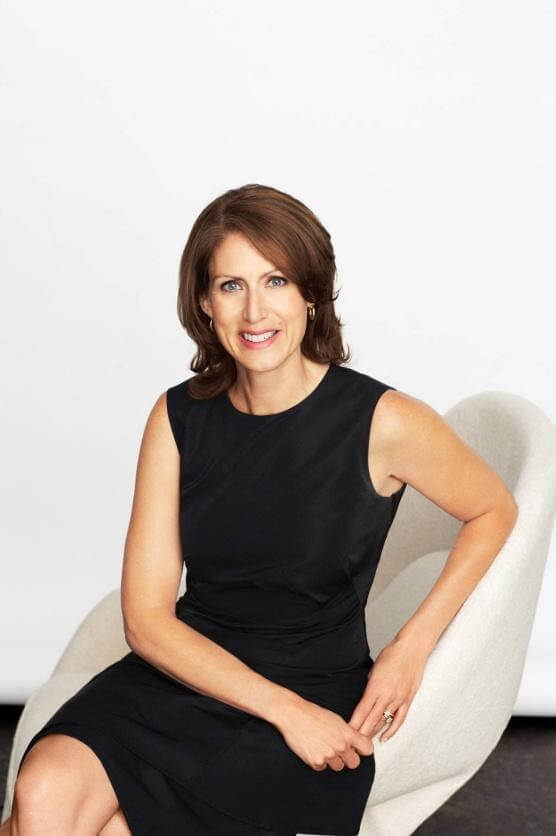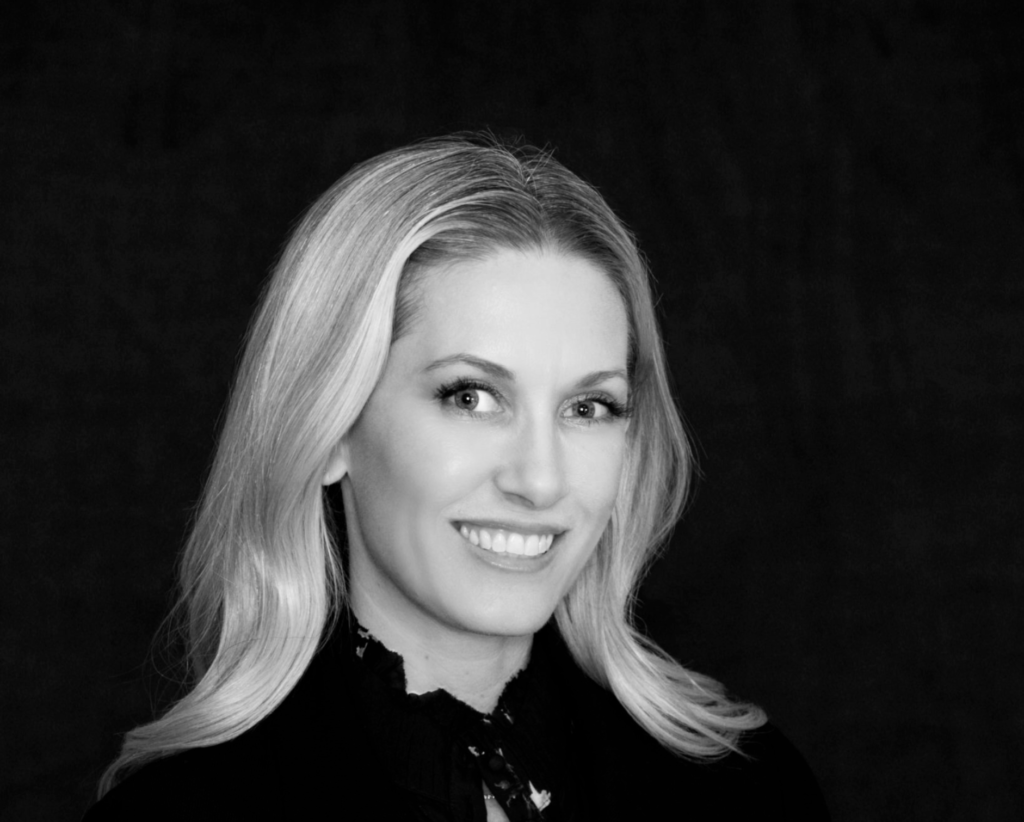
Mark Goldstein, Partner, Reed Smith; Chair, Mental Health Task Force
Cristina Shea, Partner, Reed Smith; Chair, Reed Smith’s Women’s Initiative (WINRS)
Even before the global pandemic brought a new wave of psychological distress, attention had been building around how employers could shift toward a culture of mental wellness and away from the stigma that keeps people from getting help. #SeeHer member Reed Smith, the first law firm to join the movement, has taken the lead in addressing mental health in the legal profession and wider business community. Recently, the firm produced its first annual Mental Health Summit. We sat down with Reed Smith partners Mark Goldstein and Cristina Shea, to discuss what law firms, businesses, and individuals can do to improve mental health in the workplace.
Why has Reed Smith committed itself to this cause?
Mark: Before proceeding, I think understanding my back-story can provide helpful context here. Back in 2017, I took an 11-week absence because of depression, OCD, and anxiety. I was very concerned that my career was going to be stunted and my conditions stigmatized. The exact opposite occurred, however. I received 110 percent support from our leadership upon my return and decided to start working on this issue. In 2019, I wrote an article for the American Lawyer chronicling my battle with mental health disabilities, hoping that it would empower others speak their truths and seek help, while also informing law firms and legal departments that the mental health of their people should be a priority.
And as a more general matter, attorneys disproportionately suffer from mental health issues but until recently, the legal industry had not really addressed the issue on a broad scale. This is important for a host of reasons, including because research shows that having employees who are of sound mental health is not only good for the bottom line. Additionally, and simply put, it’s also the right thing to do.
Against this backdrop, we decided to create the Mental Health Task Force because it is such an important issue and so many people know someone with mental health challenges. Now the task force has grown to several hundred members and our senior management supports the effort from top down.
What are the key steps to creating a culture of mental wellness in a company?
Mark: You must have buy-in from the leaders of your organization or the necessary culture will not be created. And buy-in means more than just tweets about how your support your employees and the once off program. It includes providing personal support when it’s needed, and resources. Our task force advises the firm on policies and practices, educational programming, services, resources, and awareness raising around issues of mental well-being. The task force’s five advisory teams activate monthly initiatives, like our Mental Health Movie Night. And our first ever Mental Health Summit drew almost 400 attendees, who heard speakers encouraging people to say ‘hey, I need help,’ mindfulness meditation coaches, and other elements.
Cristina: One of the most important steps is listening to your people and hearing them. Hear what they are saying and how they are being impacted. That became abundantly critical during the pandemic. Many of our employees really felt the strain of around care giving – whether it’s childcare, spousal or parental care, those responsibilities often fall to women, adding a mental load that can really compromise our women lawyers. That’s why we re-emphasized our part-time policy, and reiterated that a part-time schedule is not a setback to one’s career and doesn’t take you off promotion track. But what we tried to emphasize above and beyond that was the importance of adjusting your schedule, when it’s necessary to bring some much needed relief during a very stressful time.
Is there a relationship between media images and mental wellness?
Mark: There is a direct connection. The media promotes the idea that you can have it all without consequence, which is often not an accurate perception. The impact of traditional media messaging around mental illness is compounded by the pervasiveness of social media, which can cause further strife for those who suffer. In fact, when I was in dire straits, I stopped social media altogether.
What is the impact of the pandemic on mental health, and will it linger, particularly for women?
Cristina: In general, the notion of a work-life balance in the legal profession has always been a fragile one. The pandemic really exacerbated that imbalance. Across all industries, data shows that the pandemic has had a disproportionate effect on women, including a disproportionate effect on the mental health of women. We’ve been fortunate at Reed Smith, in that our headcount has not been affected in the same way that other firms and other industries have and part of the credit goes to the firm’s recognition of the problem. That said, the effects of the pandemic on women has accentuated the importance of suitable access to childcare, how critical it is to have backup options when you do not have family nearby, or when family is unavailable, and the added stress that comes along with in-home/virtual learning, no summer camp, fewer day care options, and closed schools
How has your partnership with See Her worked for your firm, and where do you think the movement should go from here?
Cristina: One of the initial #SeeHer projects we did was to create a series of short videos that highlighted attorneys throughout the firm who spoke so genuinely and eloquently about women in their lives and how those women impacted them, as a person, or in their career. Our women’s initiative took note of the message that came through in those short videos and attempted to create opportunities where our more senior lawyers could act as role models for our more junior attorneys and be the person that more junior attorneys could look at and say: “Yes, I can see myself doing that in 10 years.” Or: “I see what that person has done with her career and I want to do the same.” We’ve tried to create and foster a more collaborative #SeeHer really fostered that conversation.


